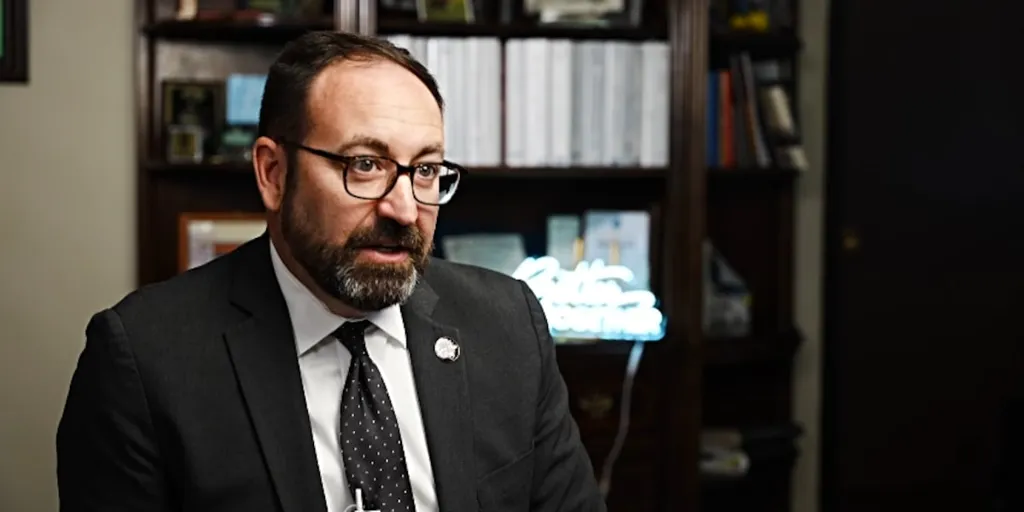The departure of the man who oversees South Carolina's child-welfare system is the latest warning sign that the system needs urgent fixes, according to the state's governor.
It falls under the Department of Social Services, whose leader has earned high marks from Gov. Henry McMaster and other top leaders at the State House but who is leaving his post next month.
"This situation at DSS has been growing and growing, and we've been trying to find the right solution, but it's now clear it's coming to a breaking point," McMaster told reporters Oct. 22, hours after the governor's office announced the resignation of DSS Director Michael Leach.
In an interview, Leach responded to the governor's stark assessment and his view of the present state and future of the child welfare system.
"I think when he talks about that, it's about how these systems are so fragile," Leach said. "So as we have lowered caseloads and we have less kids in the system and we're improving pretty much on every metric and we're top five in a lot of metrics in the country, there are some things that we need to be really worried about."
Leach will step down from his position Jan. 2, attributing his decision to the stress of the job and his desire to spend more time with family.
During his five-and-a-half years at the helm of the Department of Social Services, the number of kids and teens in South Carolina's foster-care system has dropped to its lowest point since at least 2019.
But according to Leach, those children's needs are worsening with more severe mental health concerns, intellectual disabilities, and autism diagnoses. He stated that South Carolina lacks an adequate answer for how to support them.
"When families are going into emergency rooms and saying 'I don't know what to do with my child. I don't have help,' then they're leaving because they don't have help; that child ends up in my care. That shouldn't happen," Leach said. "We should be figuring out services upstream so children aren't having to come into foster care because parents lack resources."
Leach mentioned those resources existed at one point but were eliminated around recession times; reinstating these services takes time while COVID exacerbated needs.
"We're seeing a lot more parent-child conflict," he explained. "Law enforcement may EPC [emergency protective custody] a child into our care due conflicts or refusal by parents."
"We have children refusing placement or needing psychiatric residential help without available options," he added.
"We're seeing young people entering foster-care post-COVID due lack supports previously existing,” he remarked further emphasizing youth mental health crisis nationwide impact.
No states possess answers yet solving starts investing systems quality treatments funding agencies DDSN DMH DJJ required address issues faced numerous court-involved juveniles whose return home refused results inadequate provision necessary interventions,” asserted.
The absence facility treating severe cases overcrowding detention centers forces reliance upon DSS ill-equipped handle demands resulting systemic pressure nearing critical limits revealed:
, “My team excels ensuring placements family-like settings majority reside kinship homes group facilities minority requiring specialized unavailable locally.”
